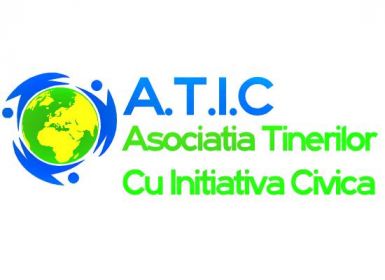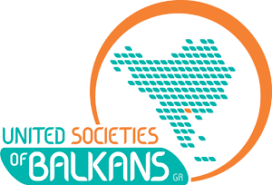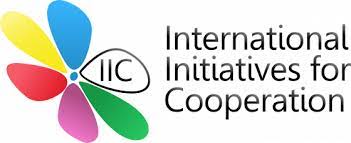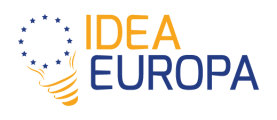Partners
Digital Skills is an European Funded Project developed by Social Academy.
Social Academy is one of the most important marketplaces for higher education in Italy, comparing online and classroom courses from the best schools and experts in the most innovative sectors. Through the development of orientation tools such as skillgames and the support of career coaches, it helps companies and individuals develop their potential.

Social Academy
Social Academy is one of the most important marketplaces for higher education in Italy, comparing online and classroom courses from the best schools and experts in the most innovative sectors.
Through the development of orientation tools such as skillgames and the support of career coaches, it helps companies and individuals develop their potential.
Social Academy is the first digital empowerment platform. We help people to identify their professional vocations and find their way in the world of work and training.
Through partnerships with leading schools and the development of innovative orientation tools such as skill games, we support companies and individuals in their growth to emerge in the digital economy.

Partnership

ASOCIATIA TINERILOR CY INITIATIVA CIVICA
Asociația Tinerilor cu Initiativa Civica (Association of Youth with Civic Initiative) is a youth organization, apolitical, NGO that aims to drive the development of the Romanian society attracting young people towards active citizenship and promoting the local and national cultural values. A.T.I.C. was established in 2016 in Galați by a group of young people in order to contribute to the social and personal development of local youth. We are active in our community – working with children and youth from placement homes, poor families, old people, unemployed and facing other social problems. In order to realize our objectives, we cooperate with families, local authorities, primary schools, high schools and universities and we develop projects with them.

UNITED SOCIETIES OF BALKANS
“United Societies of Balkans (U.S.B)” is a non-governmental organization (NGO) – a civil society organization, created in Thessaloniki in 2008, by a team of active young people, socially sensitized and with rich experience around voluntary programs. Their vision includes the youth empowerment at local, national and international level, the intercultural dialogue, the promotion of principles and values of democracy and human rights through the mobilization and mobility of young people, their assimilation into volunteer work as well as their awareness raising on social issues.

ASSOCIATION INTERNATIONAL INITIATIVES FOR COOPERATION
Association “International Initiatives for Cooperation” (IIC) is a non-profit, non-governmental organisation established in 2003. The association is working on the territory of the Republic of Bulgaria, having its head office in the town of Razlog.
The mission of the association is to develop and build up the capacity of the civil society in Bulgaria through designing and implementing different projects, activities and initiatives aimed at promoting the cultural, social and economical development of the country and respectively of the municipalities on its territory.

IDEA EUROPA APS
Idea Europa Aps is a third-sector organisation that mainly provides training and assistance to other associations.
It operates with civic, solidarity and socially useful purposes, promoting participation, inclusion and the full development of the individual, as well as enhancing the potential for growth and employment.
Idea Europa Aps also aims to create a network of associations to enable the exchange of ideas and good practices, and to assist them in accessing the European scene, in carrying out their activities and pursuing their objectives. To this end, it provides assistance to established and constituting associations, from the drafting of statutes, to the development of regional, national and European projects, to the realisation of cultural and training events.
The organisation is committed to the continuous improvement of people’s professional skills and capabilities in order to help them face the challenges of an ever-changing economic and work scenario.
Join Our Complimentary Online Training Courses and Discover Tools and Digital Insights that empower you to Shape the Vast Horizons of an Emerging Digital Universe.

Funded by the European Union.
Views and opinions expressed are however those of the author(s) only and do not necessarily reflect those of the European Union or the European Education and Culture Executive Agency (EACEA). Neither the European Union nor EACEA can be held responsible for them.


